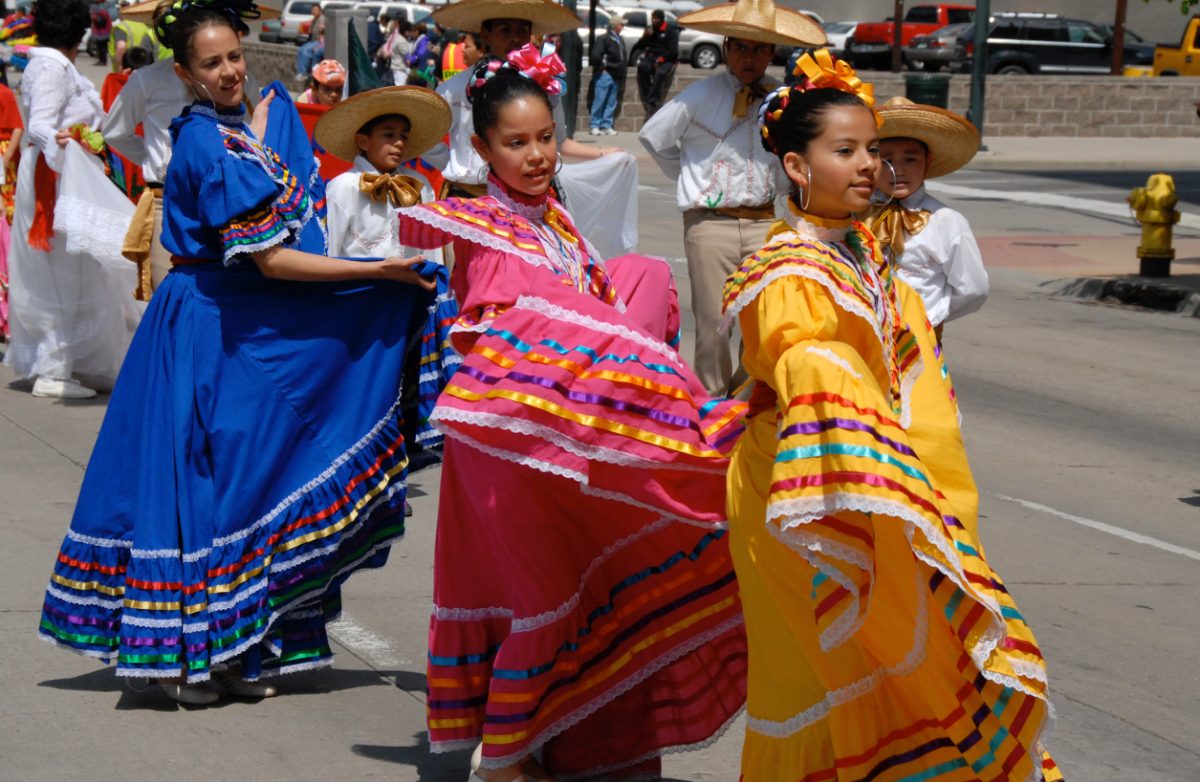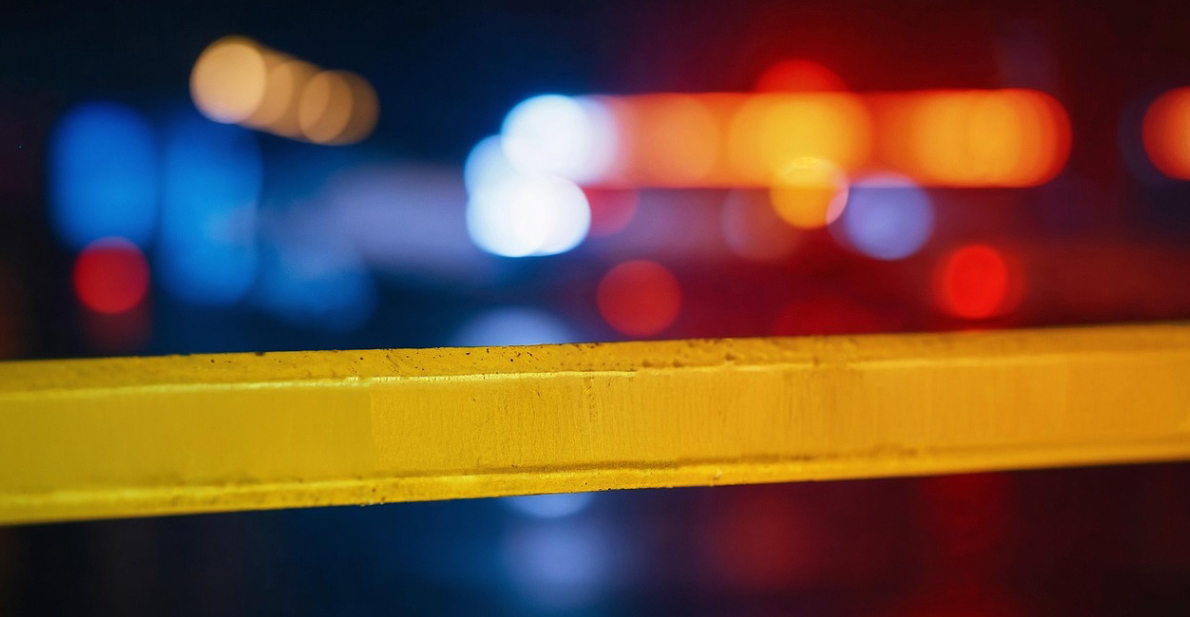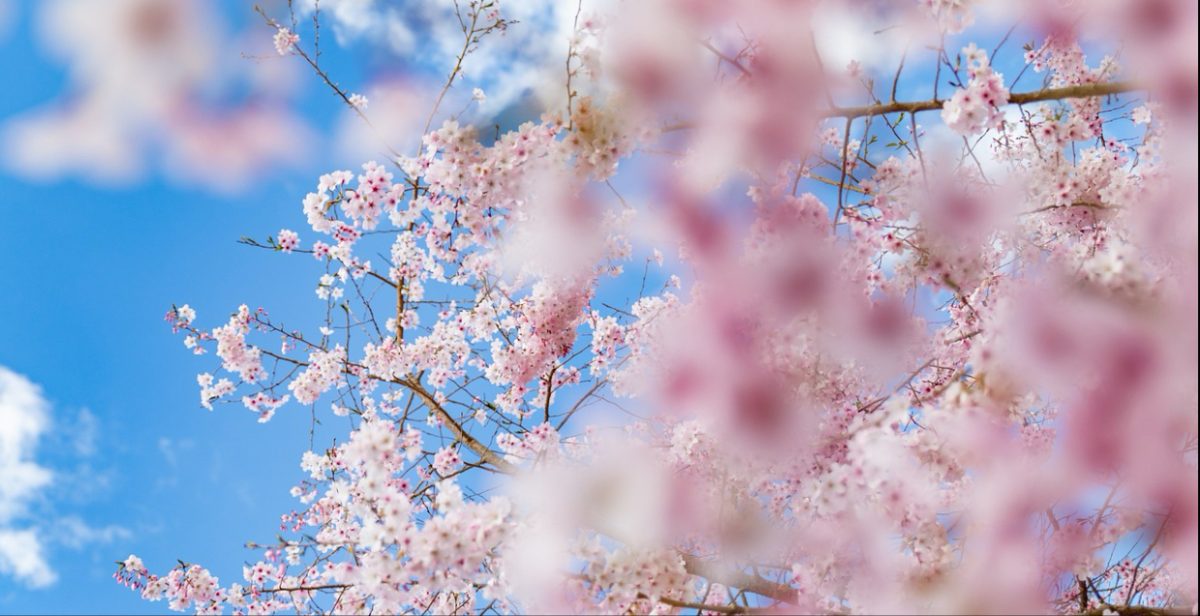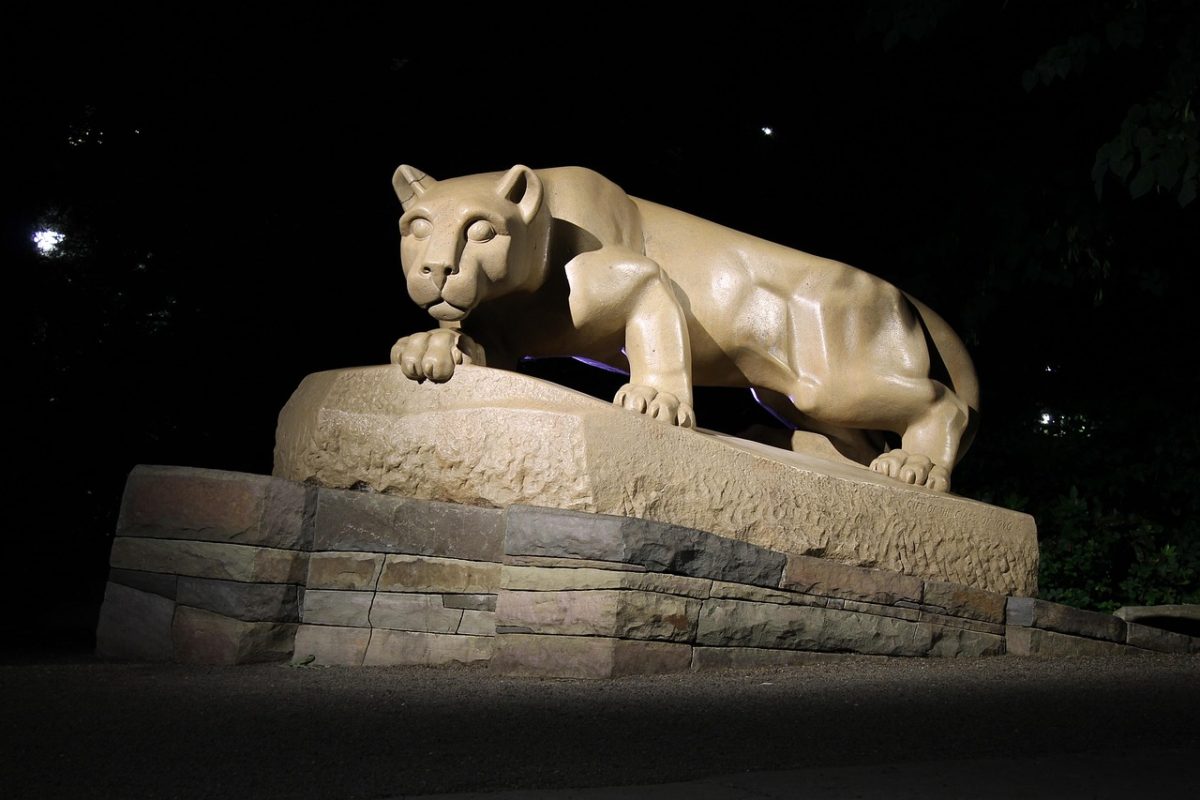By: Lynn Dang
“One child, one teacher, one book, and one pen can change the world,” said Malala Yousafzai.
One girl can change the world, too.
Going home from school on a bus in Swat Valley, Pakistan, 15 year old Malala Yousafzai was on her way to school on October 9, 2012. Suddenly, her bus was stopped by two members of the Taliban, a terrorist organization set on stopping girls going to school. They asked about her by name. Once found, Malala was shot three times, and one bullet went through her head, traveling underneath her skin and the length of the side of her head, and into her shoulder, according to BBC News.
The Taliban shot her because they were afraid. They were afraid of a girl who could change people’s mindsets. Yousafzai was a writer who had the power to influence many people. She is an advocate of education, especially for girls.
Yousafzai was born in Mingora, Pakistan: the largest city in the Swat Valley. From an early age, she was influenced by her father’s promotion of education. School was a big part of her family, according to Nobel Media.
As she grew up, the educational atmosphere in the Swat Valley changed. The Taliban dominated through fear and oppression, destroying schools and banning of education for girls.
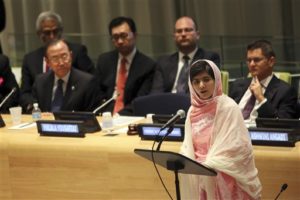
Yousafzai did not let the Taliban silence her voice. In 2009, she blogged anonymously for the British Broadcasting Corporation (BBC) Urdu about the suspicious activity of the Taliban and life under the Taliban. Her pen name, Gul Makai, was the name of a heroine from a Pashtun folk tale, according to BBC News.
On May 5, 2009, Yousafzai was became an internally displaced person (IDP). The war between Pakistan and the Taliban was arriving, and her home was not safe. According to the UN Refugee Agency, IDPs stay within their own country and remain under the protection of its government. Though she was still in Pakistan, she was far from home.
After she returned to home, to the Swat Valley, Malala went back to communicating her belief about the right to go to school through online resources. As time passed, Malala and her father rose up in Pakistan and were known for their efforts to make education accessible to Pakistani girls.
Malala became recognized by large organizations. In 2011, she was nominated for the International Children’s Peace Prize. Additionally, she won Pakistan’s National Youth Peace Prize.
As Malala gained more recognition for her advocation of education for girls, the Taliban grew wary of her. Malala was one of the strongest voices against their mission of keeping girls from going to school. To stop her, they shot her to prevent her message from being spread.
After she was injured, an aircraft transported her to a Pakistani military hospital in Peshawar, according to Nobel Media. She was then moved to an ICU in Birmingham, England, four days later. It was then discovered that Yousafzai miraculously suffered no major brain damage. However, she did need facial surgery.
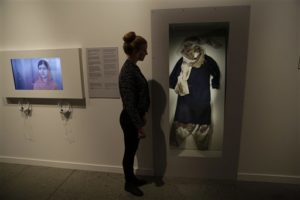
After the attack, Malala received global attention.
“In the weeks after the attack, over 2 million people signed a right to education petition, and the National Assembly swiftly ratified Pakistan’s first Right To Free and Compulsory Education Bill,” according to the Malala fund.
Malala was finally discharged in January 2013. She started going to school in Birmingham in March 2013.
Although she could freely go to school, Yousafzai was not done with her mission. For her 16th birthday, on July 12, 2013, she travelled to New York to give a speech at the United Nations. That same year, she published a memoir about her journey in the fight for education. Yousafzai was recognized by the European Parliament on October 10, 2013.
Also in 2013 she was awarded the Sakharov Prize for Freedom of Thought. This prize is given to those who have contributed greatly to the fight for human rights globally, according to the European Parliament.
Additionally in 2013, The Malala Fund was founded. It collaborates internationally and funds projects in six countries. Through the Malala Fund, awareness is spread about the importance of educating girls globally.
Using the Malala Fund, Yousafzai toured countries in Africa to speak to refugees, students, and the overall public. One of her destinations was Nigeria. For her 17th birthday, she spoke about girls who were abducted by Boko Haram. Like the Taliban, Boko Haram is a terrorist group that tries to prevent girls from going to school.
For her message, Yousafzai was awarded the Nobel Peace Prize in October 2014 along with Kailash Satyarthi, an activist for children’s rights. At just 17 Yousafazi was the youngest person ever to be awarded the Nobel Prize for Peace.
“This award is not just for me,” Yousafzai said. ”It is for those forgotten children who want education.”
Yousafzai lives in Birmingham, England currently. She continues to use her voice and the Malala Fund to promote education.



